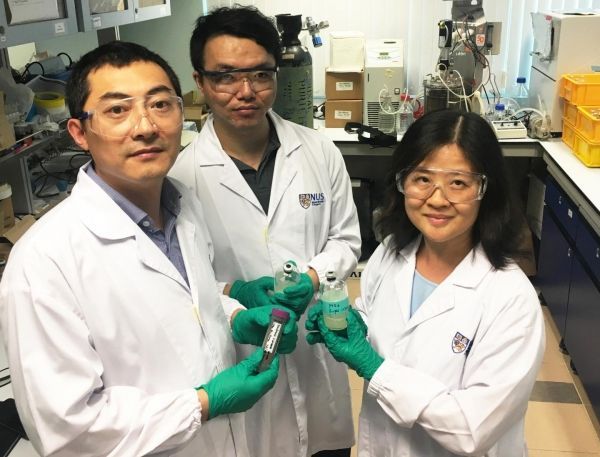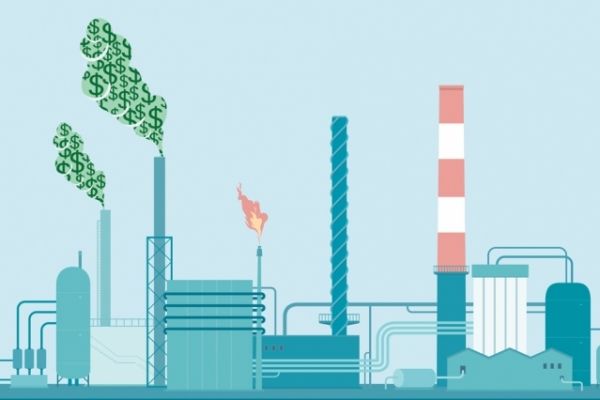
A team of engineers from the National University of Singapore (NUS) recently discovered that a naturally occurring bacterium, Thermoanaerobacterium thermosaccharolyticum TG57, isolated from waste generated after harvesting mushrooms, is capable of directly converting cellulose, a plant-based material, to biobutanol.
>> Read the Full Article

Putting a price on carbon, in the form of a fee or tax on the use of fossil fuels, coupled with returning the generated revenue to the public in one form or another, can be an effective way to curb emissions of greenhouse gases. That’s one of the conclusions of an extensive analysis of several versions of such proposals, carried out by researchers at MIT and the National Renewable Energy Laboratory (NREL).
>> Read the Full Article

 ENN
Environmental News Network -- Know Your Environment
ENN
Environmental News Network -- Know Your Environment